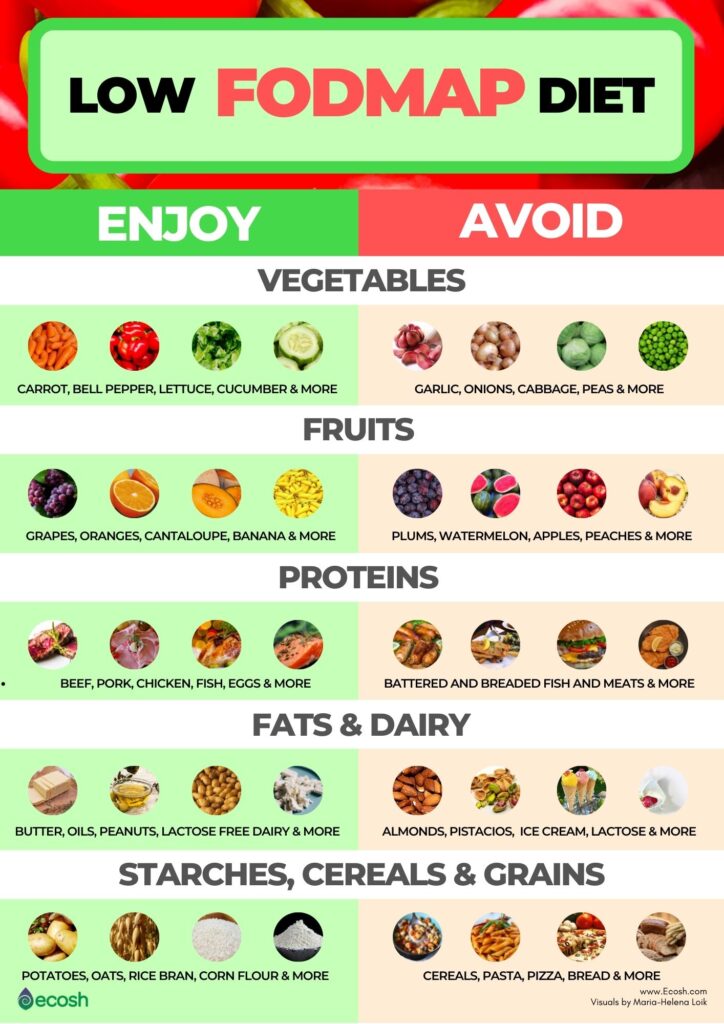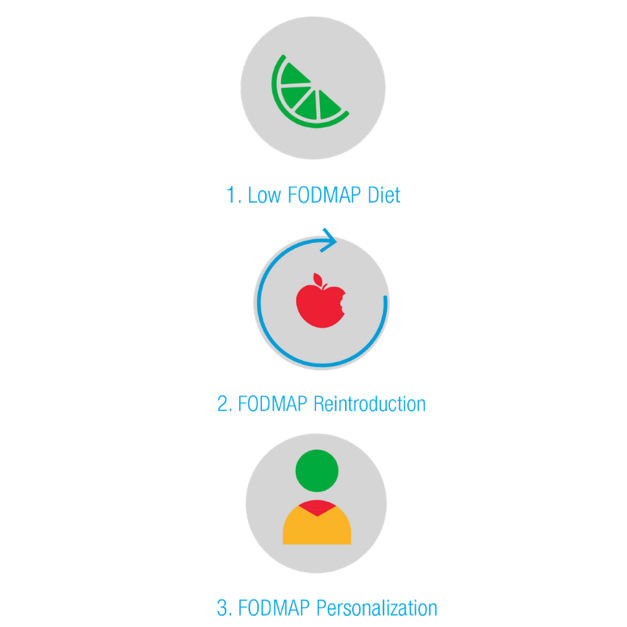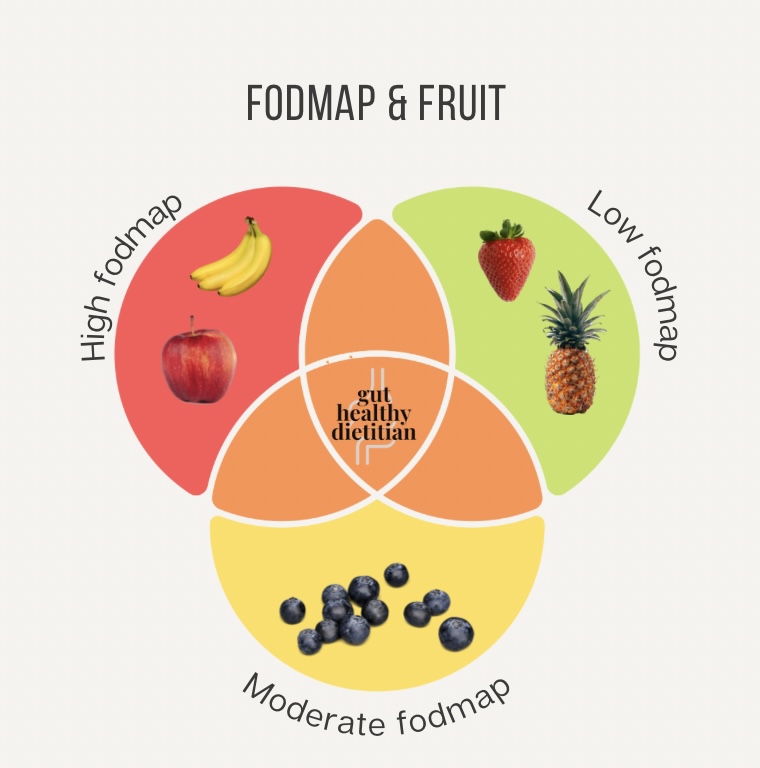The Low FODMAP Diet Is the Latest Health Craze, But Is It Actually Good for You?
The low FODMAP diet has become a popular health craze in recent years, with many people turning to this diet to alleviate digestive issues. However, like any new diet, there is often confusion and skepticism around its effectiveness and safety. In this article, we’ll explore what the low FODMAP diet is, how it works, and whether or not it is actually good for you.
What is the Low FODMAP Diet?
FODMAPs are short-chain carbohydrates that are found in many foods, including some fruits, vegetables, grains, and dairy products. These carbohydrates can be difficult for some people to digest, leading to symptoms such as bloating, gas, and diarrhea. The low FODMAP diet is designed to reduce the amount of these carbohydrates in a person’s diet in order to alleviate these symptoms.

How Does the Low FODMAP Diet Work?
The low FODMAP diet is typically broken down into three phases. During the first phase, which lasts two to six weeks, a person will eliminate high-FODMAP foods from their diet. This phase is designed to reduce symptoms and allow the gut to heal. In the second phase, which lasts four to eight weeks, a person will reintroduce certain FODMAP foods to determine which ones trigger symptoms. Finally, during the third phase, a person will create a personalized diet plan that includes low FODMAP foods and small amounts of high FODMAP foods that do not trigger symptoms.

Is the Low FODMAP Diet Good for You?
The low FODMAP diet can be effective in reducing digestive symptoms for people with irritable bowel syndrome (IBS) and other digestive disorders. However, it is important to note that this diet is not meant to be a long-term solution. The elimination of certain foods can lead to nutritional deficiencies, particularly in fiber and calcium, which are important for overall health. Additionally, the diet can be difficult to follow and may lead to social isolation, as many high-FODMAP foods are common in social situations.
It is also important to consult with a healthcare professional before starting the low FODMAP diet. This diet can be challenging and may not be appropriate for everyone. A healthcare professional can help determine if this diet is right for you and provide guidance on how to properly follow it.

Conclusion:
The low FODMAP diet can be a helpful tool for people with digestive issues, particularly IBS. However, it is important to approach this diet with caution and to consult with a healthcare professional before starting it. Additionally, it is important to remember that this diet is not meant to be a long-term solution and can lead to nutritional deficiencies if followed for too long.

